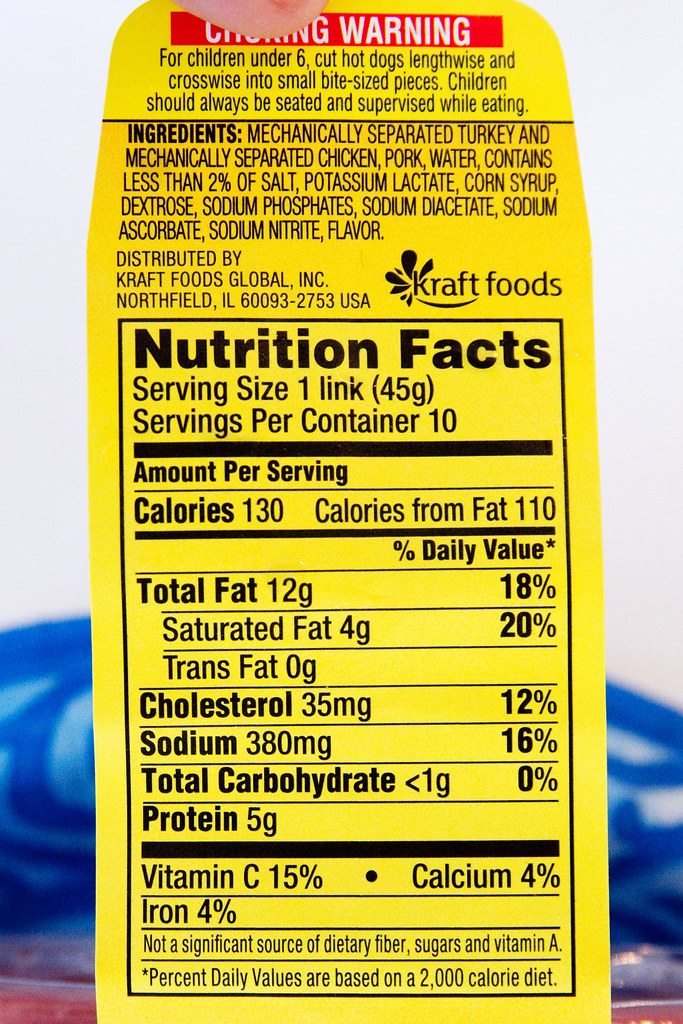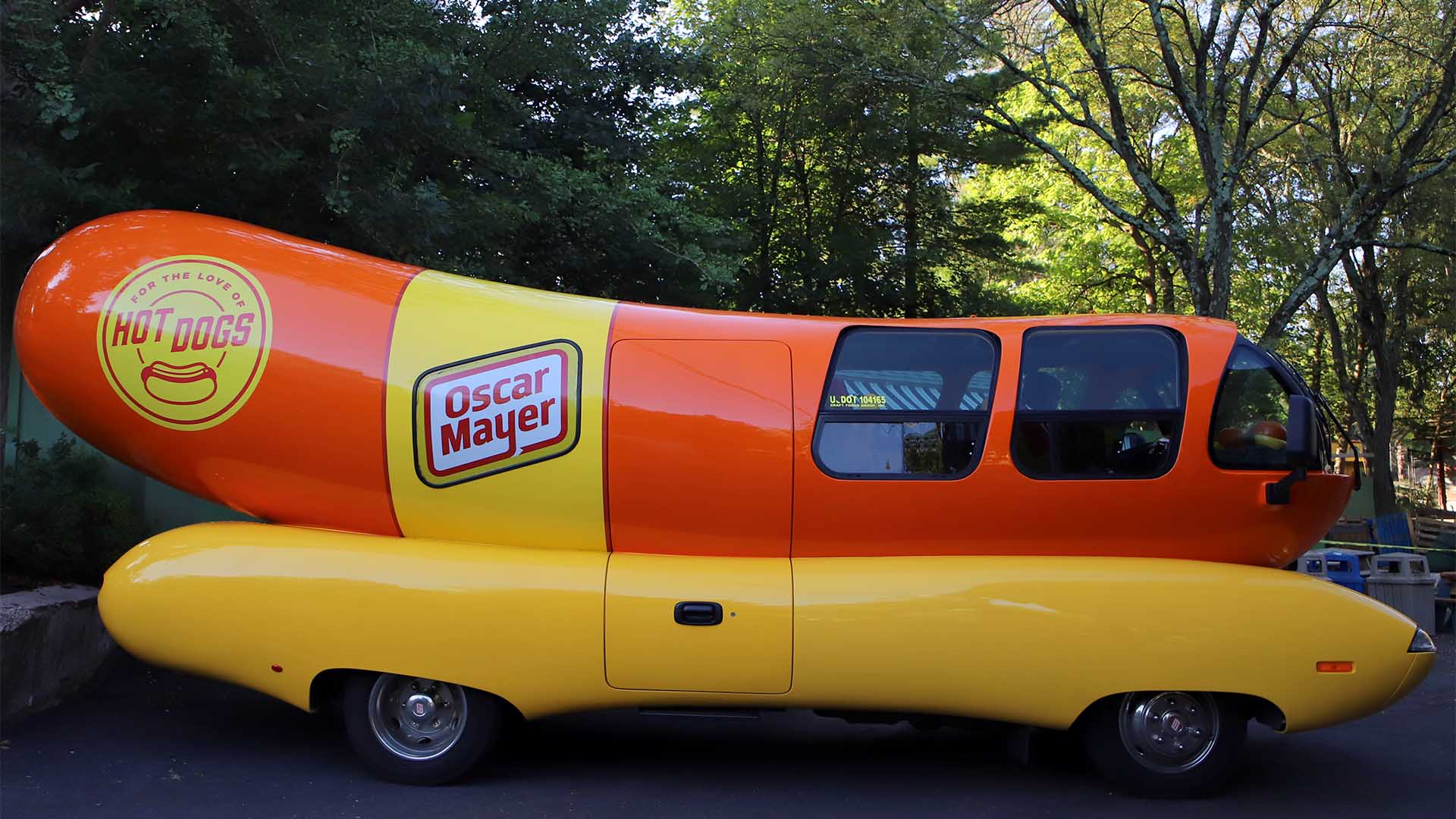


( Photo above: Old Burke sewage plant tanks with city “piggery farm” behind them) Built in 1914, the Burke plant was also purposely designed so effluent overflow would go into Starkweather Creek, which flows into Lake Monona. The original Farmers Meat Packing Cooperative that Oscar Mayer purchased in 1919 was purposely built just southwest of the city’s new Burke sewage treatment plant so the plant could handle its wastes, along with other east side sewage. While many people know about Oscar Mayer’s Wienermobile, few are aware of the challenges the company faced in disposing of its huge amounts of animal processing wastes-and how Madison’s north side and our lakes became depositories for these wastes for decades. Oscar Mayer’s wastes quickly outstripped Madison sewerage treatment capacity-helping to create “Madison’s Hog Wallow” The company had a huge amount of political and cultural clout in the city, state, and beyond. It was well known and liked by people here and all over the world–everyone remembers the famous jingle, “I wish I were an Oscar Mayer Wiener” and most have heard about (or seen) the Oscar Mayer Wienermobile, which still travels around the country today. Oscar Mayer was considered a leader and innovator in food packaging and processing (and more) and eventually became Madison’s largest employer. , Oscar Mayer scientists also developed and produced first-of-a-kind plastic packaging that was used for its products and sold to other meat companies. In onsite laboratories, company scientists developed new types of processed meats, pharmaceuticals, insecticides, and spices. In 1929 the company started its own “research bureau” at the plant that included, according to the Wisconsin State Journal, “a laboratory for experimentation in new food and medicinal products, package product research, utilization of wastes, and chemical control, including analysis of ingredients used in the processing of meats.”Īs it expanded and became a global leader in processed meat products, Madison’s plant became a mini-city in itself, with its own Madison police officer, worker showers and cafeterias, an onsite coal-fired power plant, incinerator, landfills, a wastewater treatment plant, and several of its own deep water production wells. Early in the 1920s, the company sank its own deep water well and started a thriving ice business that continued for decades. In time, Oscar Mayer did much more than raise and slaughter animals and produce processed meat products. It grew rapidly and played a central role in the development of the city’s industrial northeast side. The new company was dubbed Oscar Mayer & Co. The cooperative failed after a few years due to financial difficulties and labor unrest. The Farmer’s Cooperative was founded in 1914 to compete with big Chicago meat packers.


meat-packing plant in Chicago, purchased the Farmer’s Meat Packing Cooperative on Madison’s north side. In 1919, the wealthy Oscar Mayer family, which already owned the successful Oscar Mayer & Bro. was founded on Madison’s north side in 1919


 0 kommentar(er)
0 kommentar(er)
